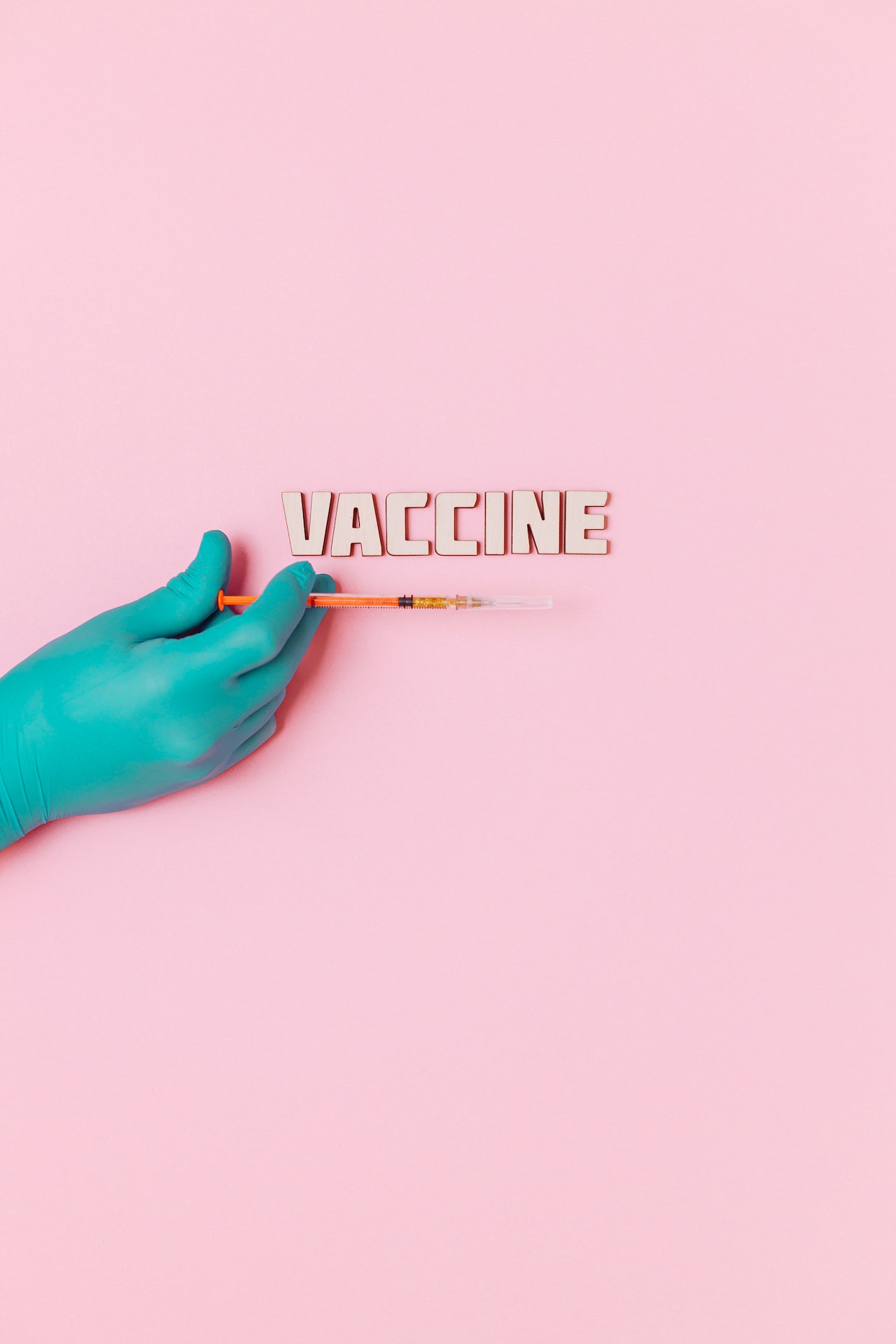The U.S. Centers for Disease Control and Prevention’s (CDC) advisory panel has granted its stamp of approval for the use of Pfizer’s Respiratory Syncytial Virus (RSV) vaccine in women during the mid-stage of their third trimester of pregnancy. This groundbreaking decision, passed by an 11 to 1 vote in favor of the proposal, allows healthcare providers to prescribe the RSV vaccine from September through January, marking a significant stride in maternal and infant healthcare.
The approval of Pfizer’s RSV vaccine comes as a beacon of hope for expectant mothers and their newborns, as it addresses a critical gap in preventing RSV, a disease that has historically been challenging to manage with limited treatment options. Dr. Katherine Poehling, a respected member of the CDC advisory panel and a professor at the Wake Forest School of Medicine, expressed her excitement, stating, “RSV has been a difficult disease with just supportive care treatment because there have been no options, so today is an exciting day.”
The RSV vaccine, which received U.S. Food and Drug Administration (FDA) approval just last month, is designed to safeguard infants up to six months of age from lower respiratory tract infections and severe RSV-related illnesses. While RSV predominantly strikes during the fall and winter months, ensuring the vaccine’s availability throughout the year is essential for infants born between April and September. In such cases, healthcare providers may turn to Sanofi and AstraZeneca’s antibody therapy, nirsevimab, to provide the necessary protection.
In the United States, an alarming annual average of 58,000 to 80,000 children under the age of five are hospitalized due to RSV infections. To combat this alarming statistic, both Pfizer’s and GSK’s vaccines received approval in May for individuals aged 60 and older and have since become readily available across the country. The maternal RSV vaccine, priced at $295 per dose, matches the cost of the vaccine for older adults. Pfizer intends to implement a tiered pricing system for the vaccine outside the United States, ensuring broader access.
During an advisory meeting in May, concerns were raised about a slightly higher number of preterm births among participants who received Pfizer’s vaccine compared to those who received a placebo. The FDA, however, asserted that this difference did not appear to be statistically significant and may have been a result of chance.
Adding to the healthcare landscape’s complexity, a surge in RSV infections coincides with increased COVID transmission and an earlier-than-usual flu season, raising concerns about a potential ‘tripledemic’ across the nation. The CDC anticipates that total hospitalizations for the three illnesses will be comparable to the previous year. This autumn marks a historic milestone as it witnesses the availability of a vaccine capable of protecting against all three diseases simultaneously.
Overall, the CDC advisory panel’s enthusiastic endorsement of Pfizer’s RSV vaccine for pregnant women serves as a pivotal milestone in public health. It not only safeguards expectant mothers but also extends a much-needed layer of protection to their infants, offering hope for healthier and safer pregnancies during the challenging months ahead.
Source: Reuters



